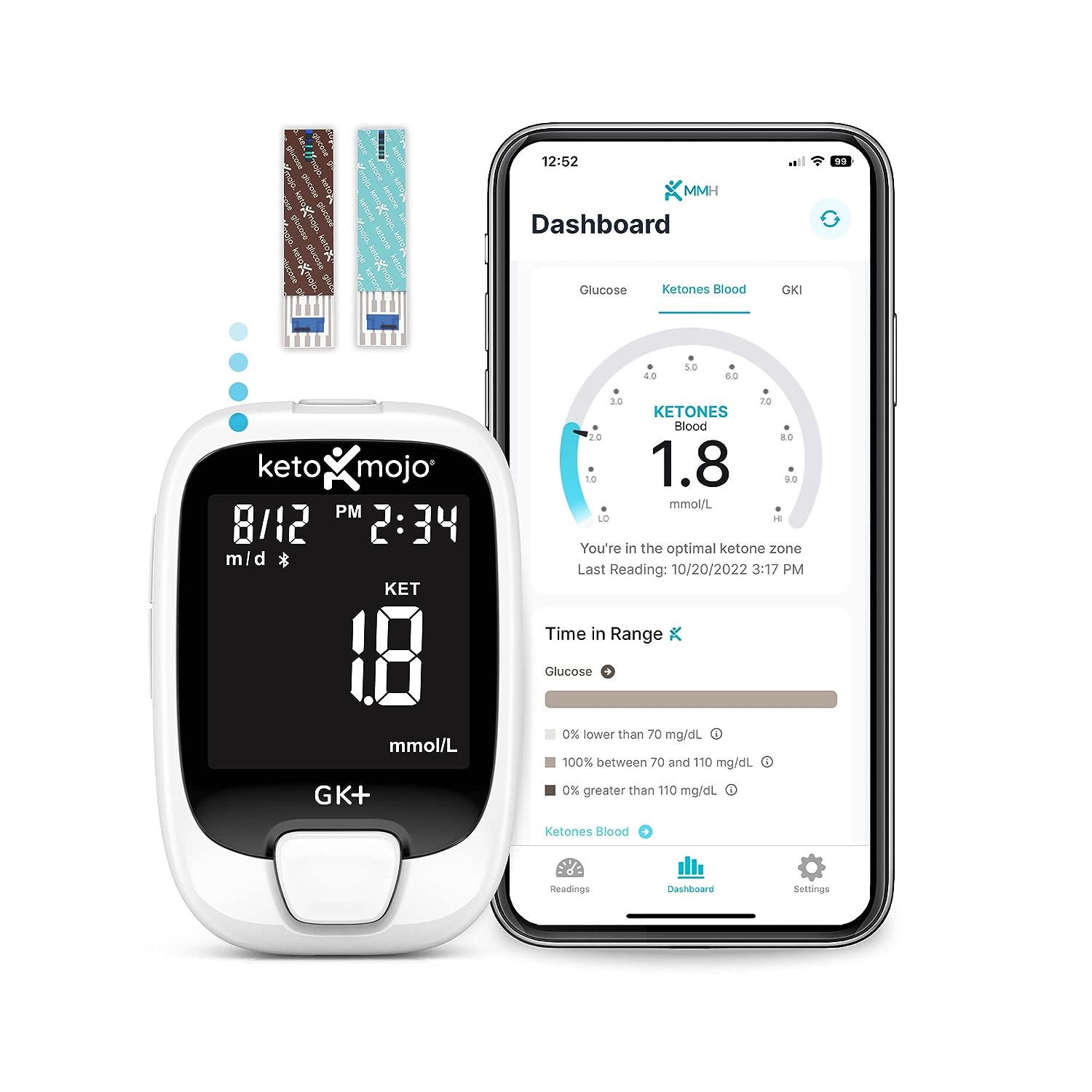Insulin resistance, a metabolic condition that affects a significant portion of the population, is intricately linked to various health issues. This article aims to delve deeper into what insulin resistance entails and how it is connected to polycystic ovary syndrome (PCOS), weight gain, hair loss, and metabolic syndrome.
By exploring these connections and addressing common inquiries, we aim to provide a comprehensive understanding of these health concerns.
Demystifying Insulin Resistance
Insulin resistance is a metabolic condition where cells in the body gradually become less responsive to the effects of insulin. Insulin, produced by the pancreas, is crucial for regulating blood sugar levels.
It enables cells to absorb glucose from the bloodstream, providing the necessary energy for cellular functions. However, when cells become resistant to insulin, glucose uptake is impaired, resulting in elevated blood sugar levels.
To compensate for the resistance, the pancreas produces more insulin. Over time, this can lead to persistently high levels of insulin in the blood, a condition associated with various health complications, including type 2 diabetes.
The Connection between Insulin Resistance and PCOS
Polycystic ovary syndrome (PCOS) is a hormonal disorder common in women of reproductive age. It is characterized by irregular menstrual cycles, excess androgens (male hormones), and the presence of small cysts in the ovaries.
Insulin resistance significantly contributes to the development and exacerbation of PCOS.
High levels of insulin in the blood, a consequence of insulin resistance, trigger the ovaries to produce more androgens. Elevated androgen levels disrupt the menstrual cycle and contribute to the symptoms of PCOS, such as irregular periods, infertility, and unwanted hair growth.
Unraveling Insulin Resistance, Weight Gain, and Hair Loss
Insulin resistance often plays a significant role in weight gain and makes losing weight challenging. Elevated insulin levels stimulate the storage of fat, particularly around the abdomen. Abdominal obesity, a hallmark of insulin resistance, is associated with increased risks of heart disease, type 2 diabetes, and metabolic syndrome.
Additionally, insulin resistance can impact hair growth. Heightened insulin levels trigger an overproduction of androgens, leading to hair thinning or loss, especially in women. This condition, known as female pattern hair loss or androgenic alopecia, can have a profound effect on one's self-esteem and overall well-being.
Insulin Resistance vs. Metabolic Syndrome: Understanding the Link
Metabolic syndrome is a cluster of conditions, including high blood pressure, elevated blood sugar, excess abdominal fat, and abnormal cholesterol levels, which together significantly increase the risk of heart disease, stroke, and type 2 diabetes.
Insulin resistance is a central component of metabolic syndrome, contributing to elevated blood sugar levels and abdominal obesity.
Effectively managing insulin resistance is critical in mitigating the risks associated with metabolic syndrome and enhancing overall metabolic health.
Frequently Asked Questions (FAQs)
1. What are the early signs of insulin resistance?
Early signs of insulin resistance may manifest as persistent fatigue, increased hunger and thirst, frequent urination, and difficulty losing weight despite making dietary and exercise efforts.
2. Can insulin resistance be reversed?
Yes, adopting a healthier lifestyle can significantly improve insulin resistance. This includes a balanced diet, regular physical activity, weight management, and sometimes medication under medical supervision.
Also, consider the new enzyme supplement coming to market on Oct 10, 2023 - This has been clinically proven to convert nutritional glucose to fiber !
Subscribe for more information!
3. How is insulin resistance diagnosed?
Although insulin resistance is not directly diagnosed, healthcare professionals use various blood tests, such as measuring fasting insulin levels, fasting glucose levels, and the glucose tolerance test, to assess insulin sensitivity.
4. Can insulin resistance cause infertility?
Yes, insulin resistance can disrupt hormone levels, particularly those related to the reproductive system. This disruption can lead to conditions like PCOS, often causing infertility or difficulties in conceiving.
5. Are there specific diets to manage insulin resistance?
While there's no one-size-fits-all diet for managing insulin resistance, a diet rich in whole grains, lean proteins, healthy fats, and abundant fruits and vegetables can significantly help.
There are also new products that just hit the market that have shown to convert glucose to fiber! For more information subscribe to our newsletter!
It's helpful to avoid sugary foods and refined carbohydrates to better manage blood sugar levels but we know that is not always possible.
Comprehending the complex dynamics of insulin resistance and its intricate connections with PCOS, weight gain, hair loss, and metabolic syndrome is essential for proactive health management.
Early detection, lifestyle modifications, and timely medical intervention are crucial in mitigating the adverse effects of insulin resistance on overall health and well-being.
If you suspect you may have insulin resistance or related conditions, consulting a healthcare professional is the first step towards appropriate evaluation and guidance.
Subscribe for additional information
As Amazon Ambassadors and Affiliates we may earn a commission on qualifying purchases made through our site and links, at no cost to you. We hope you will find your next favorite thing here on Fashion Ratings







